
Within a few months, any student who wants to shrink their environmental footprint should have the opportunity to borrow a small, airtight compost bin for their dorm room. While the project is still in its early stages, the Student Government Association’s (SGA) Green Fund plans to introduce individual composting bins by the end of the semester, making composting easily accessible for more students.
“Imagine how much stuff we would compost if we just had one in our room, that we could just take, that’s really small,” said Bryce Cook ’21, who is heading the project for Green Fund. “Sure, everybody can go out and buy their own small bin and do that. But if we make it available to them, we think we would encourage more sustainable practices.”
Green Fund is currently running an interest survey to see how many people would like a bin and what color they should be. Green Fund plans to hold an open house or tabling event to distribute them when they become available. The project is based on a similar program at the University of Iowa, where since 2018, students have been able to sign out 1.5 gallon compost bins for their rooms, according to the Daily Iowan.
“We definitely just stole it from them,” said Environmental Sustainability Chair Rachel Snodgrass ’21.
The bins will be airtight and will come with biodegradable liners to minimize any hygiene concerns. Students can empty them into the orange composting bins around campus. Green RU, a company that holds a 12-month contract with the College, then takes the waste to their facility. The company does industrial composting and can therefore take any plant-based product or food waste—including meat and cheese—which normal composting systems cannot.
“It can take animal products, the plant-based plastics that we have in the Grill, soiled cardboard and basically anything that’s not metal, glass or petroleum based plastics. … Anything that’s [a] plant-based product or food waste,” Snodgrass said. “The great thing about the industrial system is a lot more types of things can go in it.”
While the first issue is getting students to use the compost bins, some students also lack knowledge of what exactly they can put in them.
“It’s hard to get people to use the compost bins and especially to use them properly. So, contamination is a huge issue with the trash and recycling here,” Snodgrass said. “We have a problem with people not using the systems and sometimes when they are using them, they’re them wrong, especially in the Grill. They just put recycling in the trash because it’s so contaminated with things that aren’t recyclable. We want to educate people [so they know] that they can compost and also what should be composted and what should be recycled.”
This isn’t purely a student issue, though: guidelines for composting are often confusing. For example, because they are made of corn plastic, the cups and lids in the Grill are compostable but aren’t recyclable.
While Green Fund is planning more educational efforts, they also hope to continue expanding composting on campus, possibly adding bigger bins in dorm hallways as well as in the HSSC, Noyce Science Building and the JRC.
“We’re trying to look at these things at the root of the issues and go to the reason that there’s so much waste in the first place,” Snodgrass said. “But we’re also trying to treat some of the symptoms of it as well.”






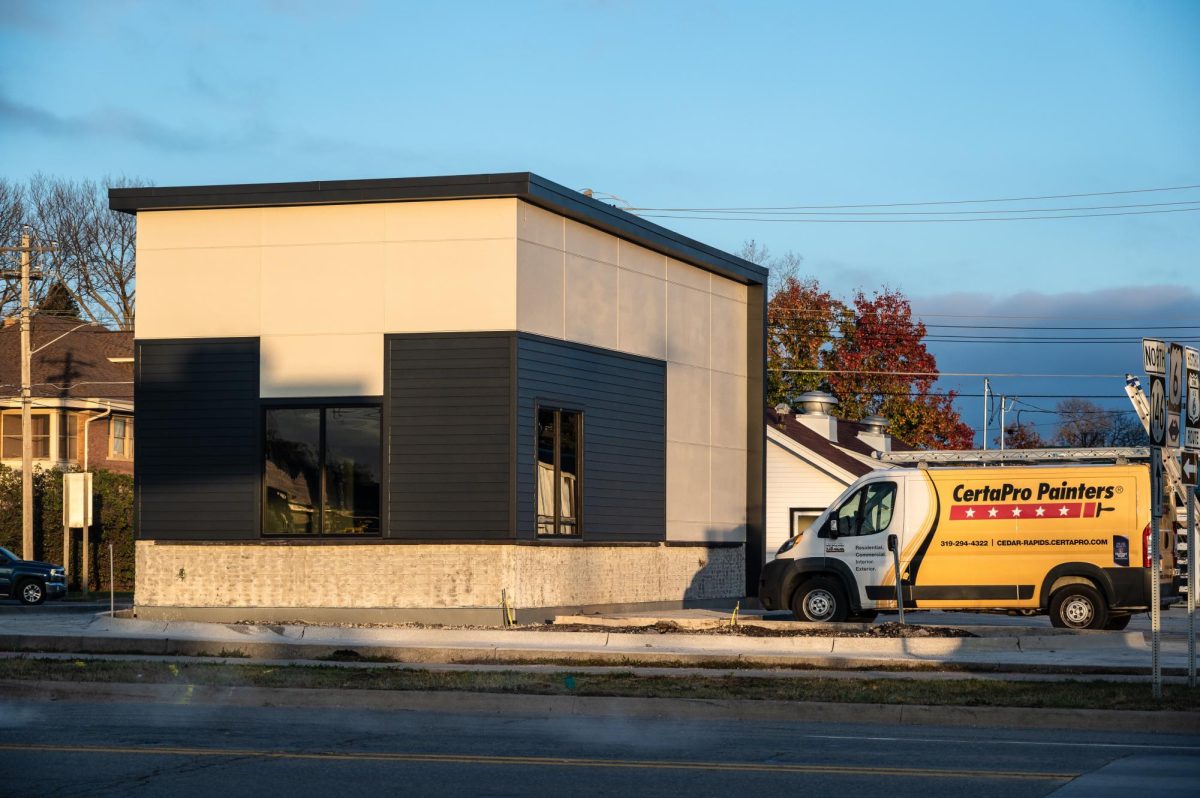


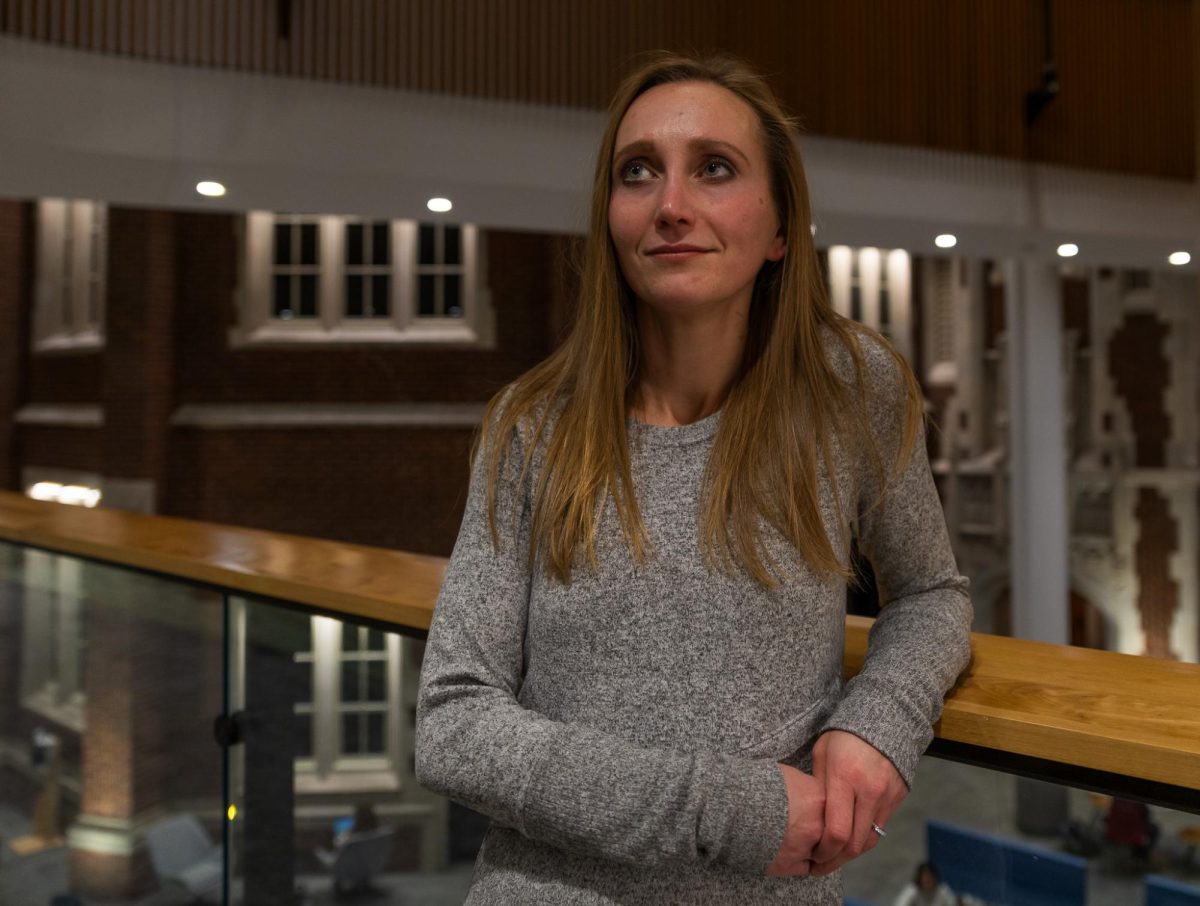
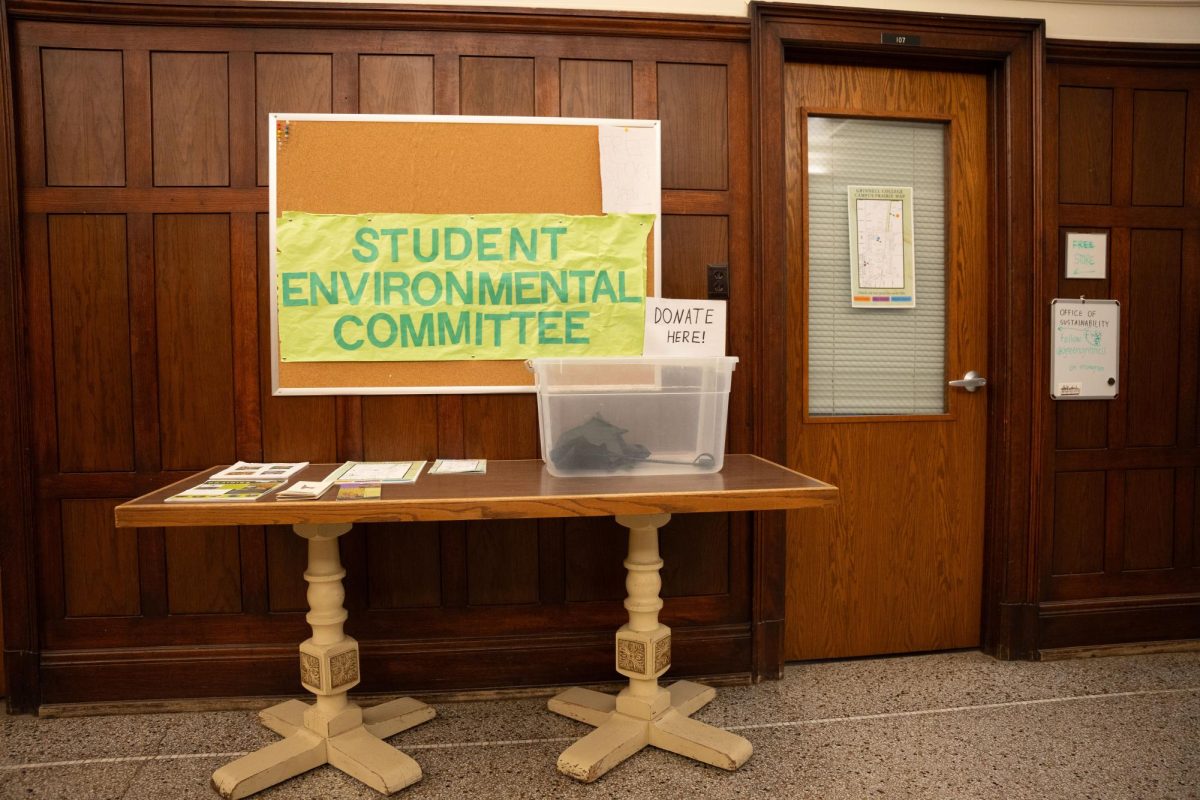
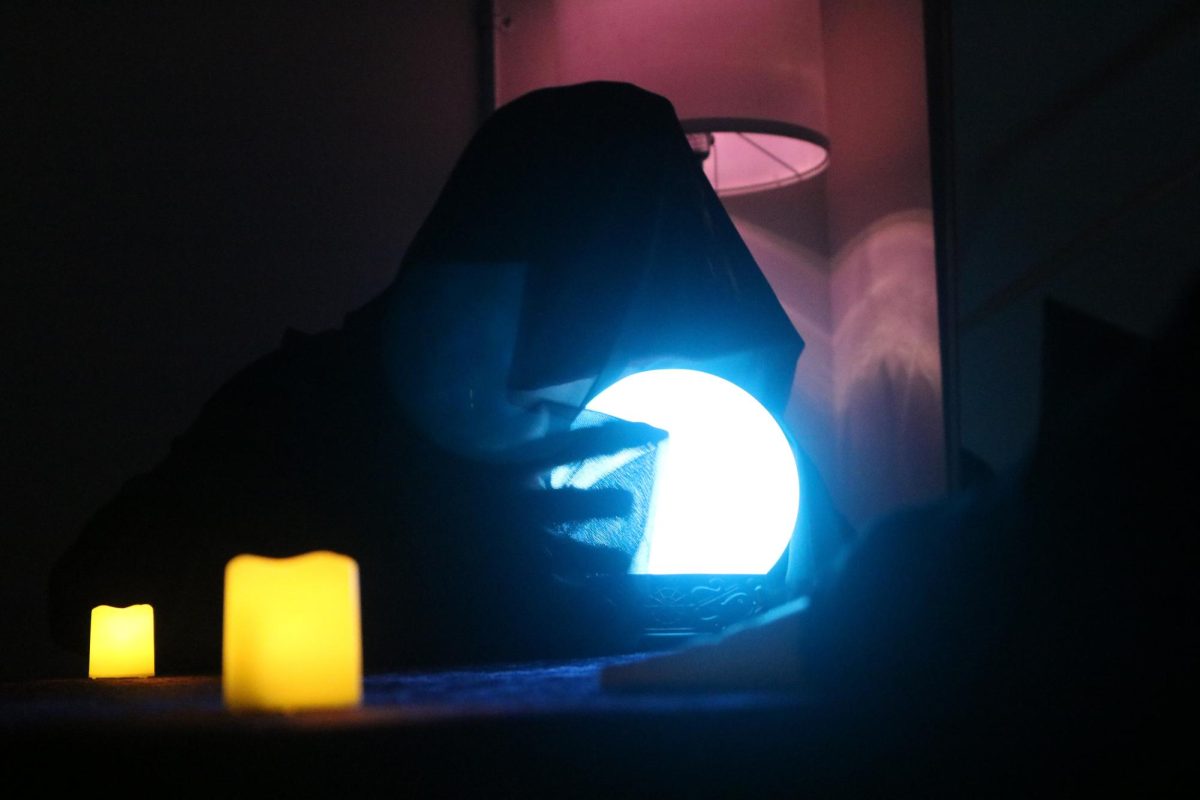
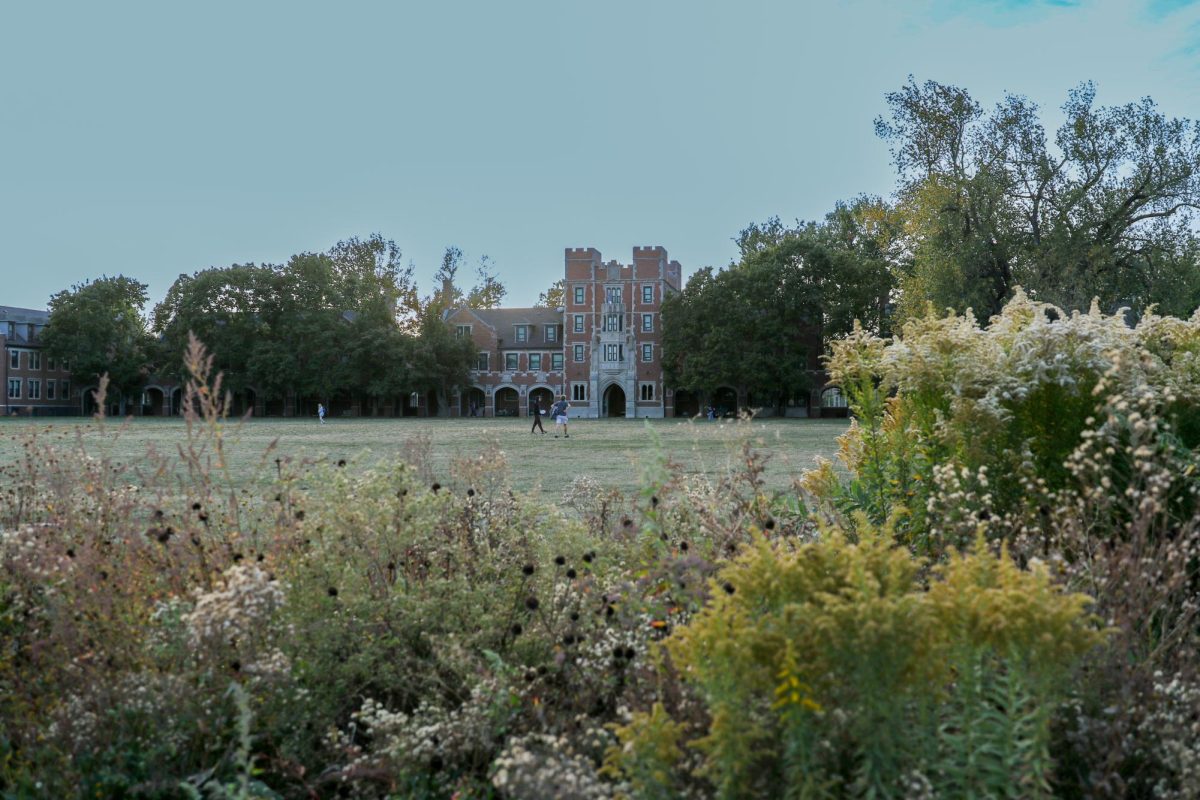

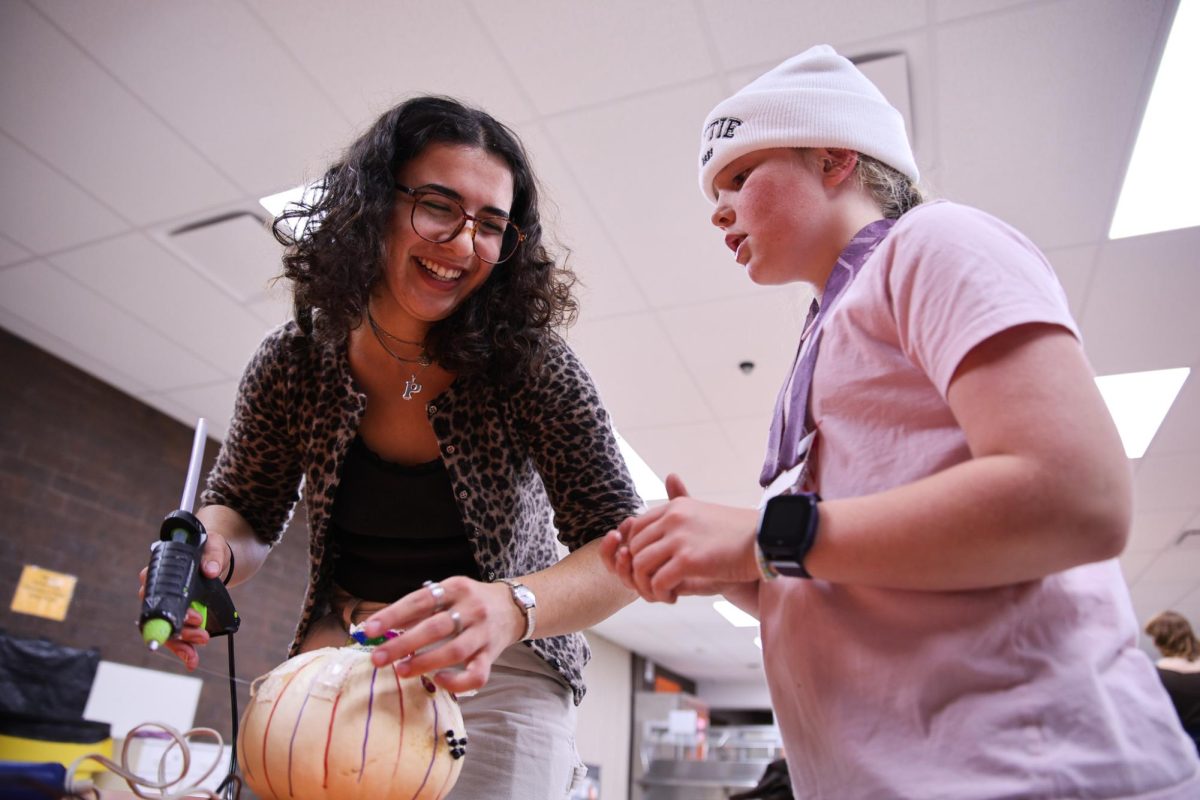

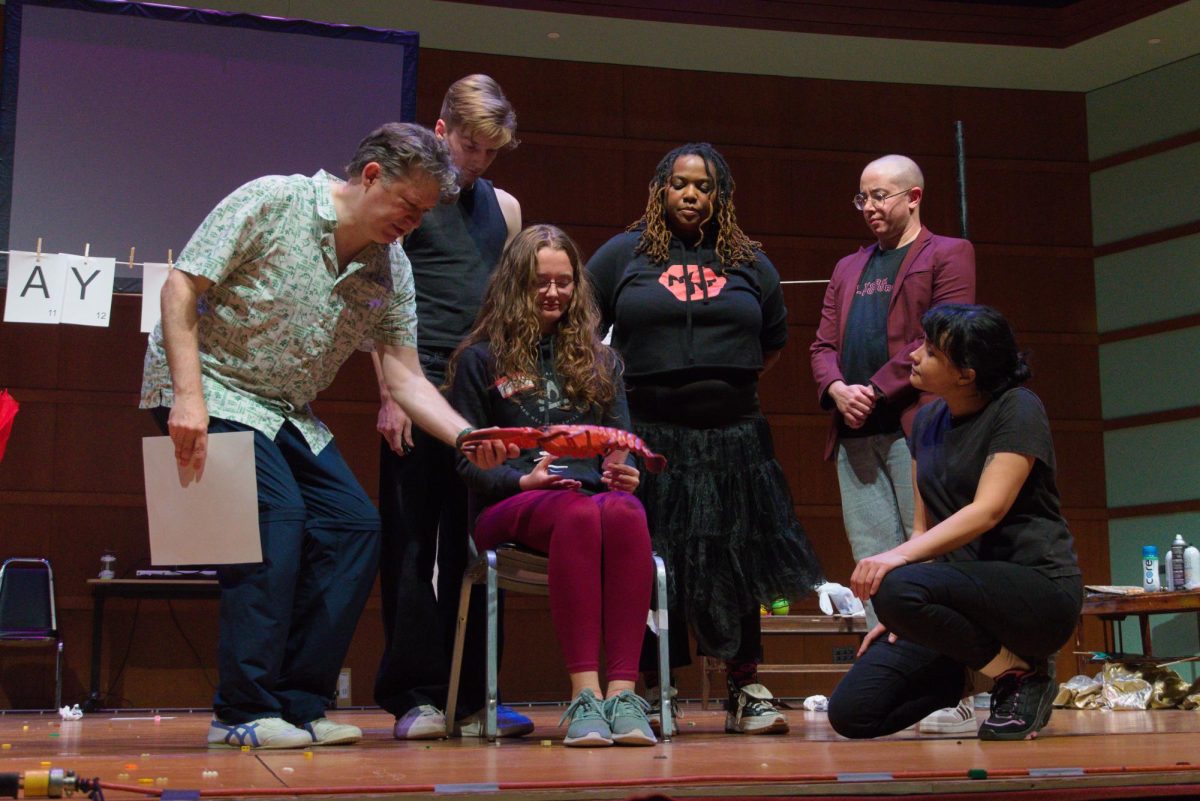
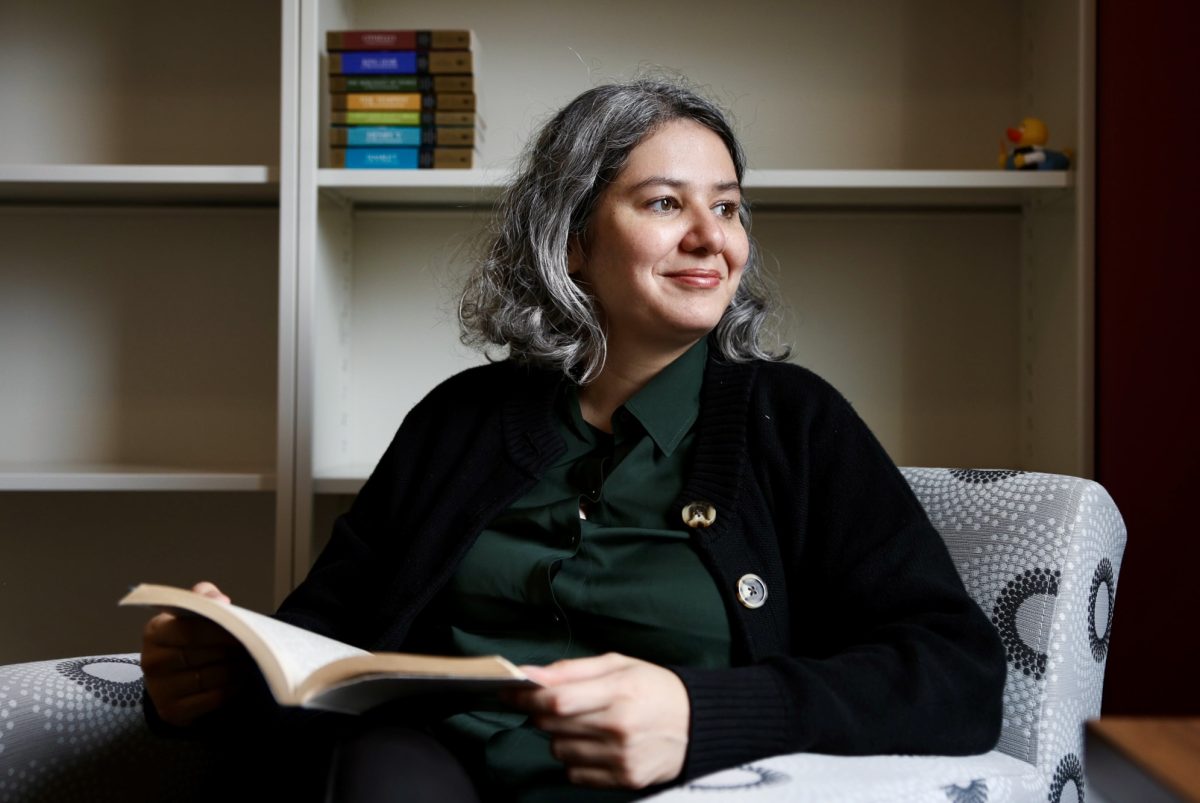
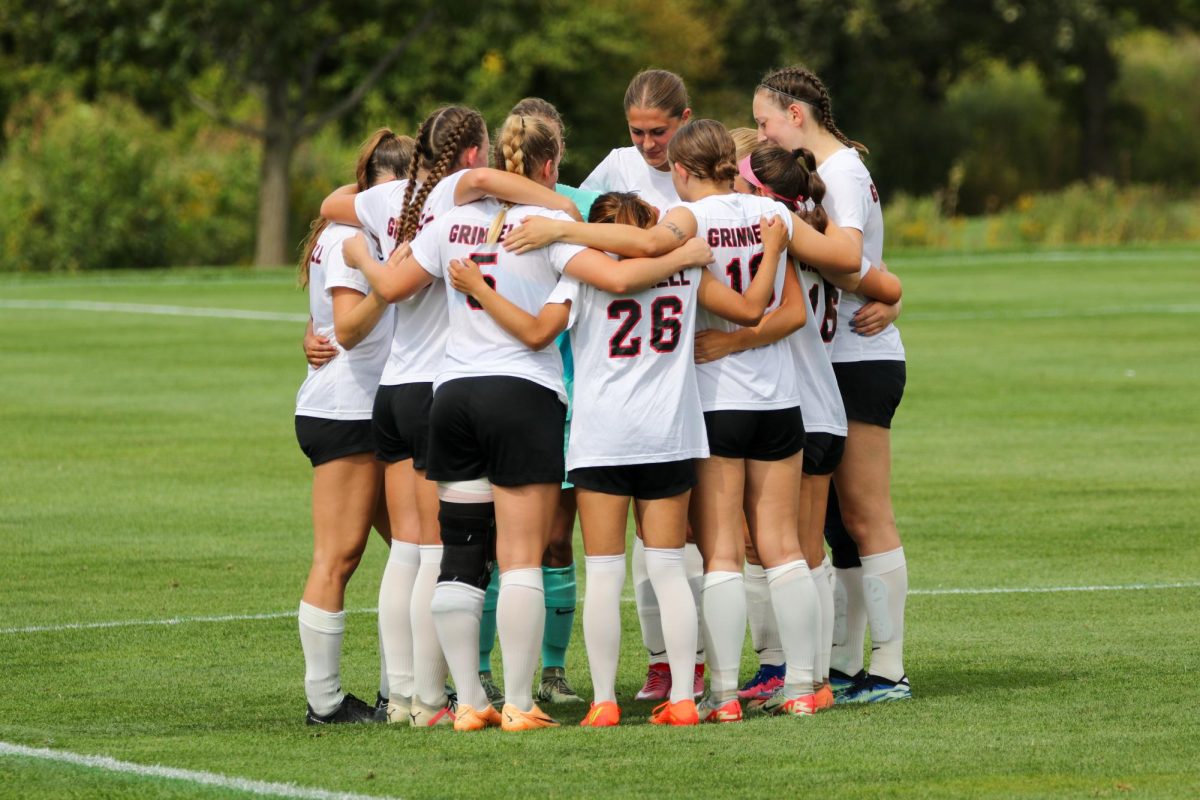

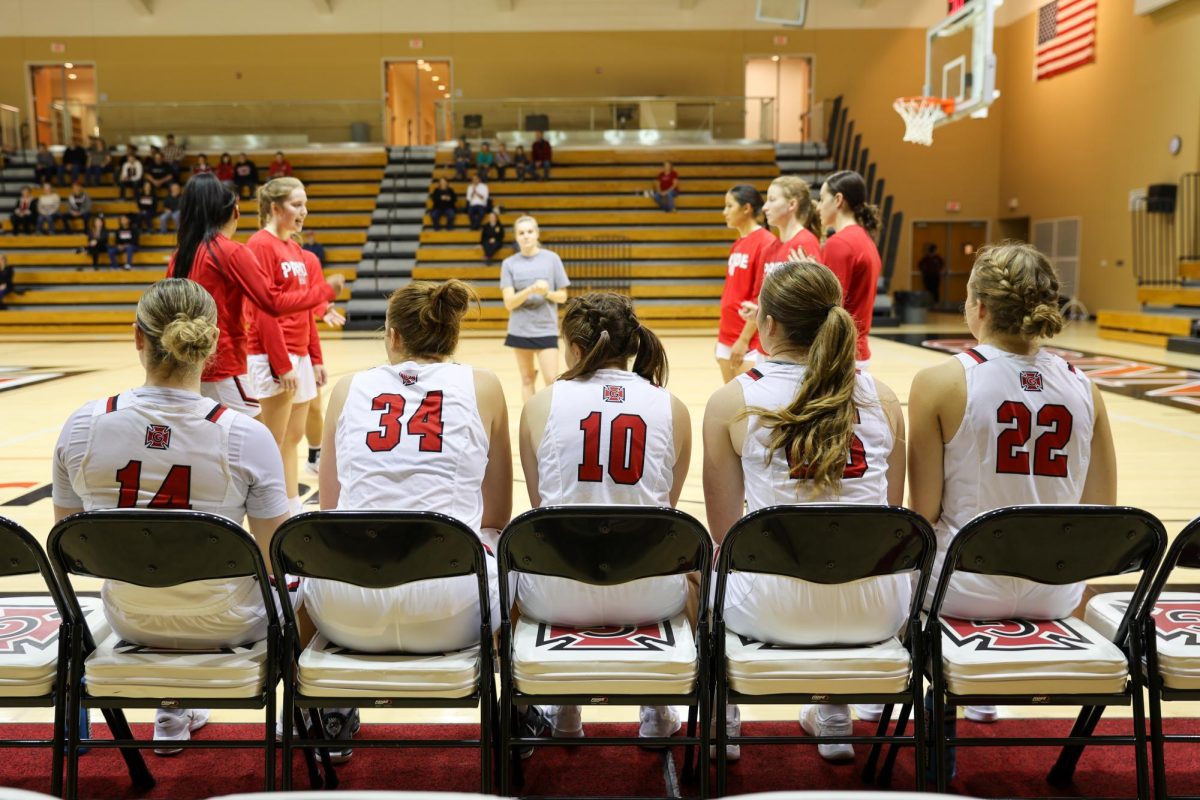





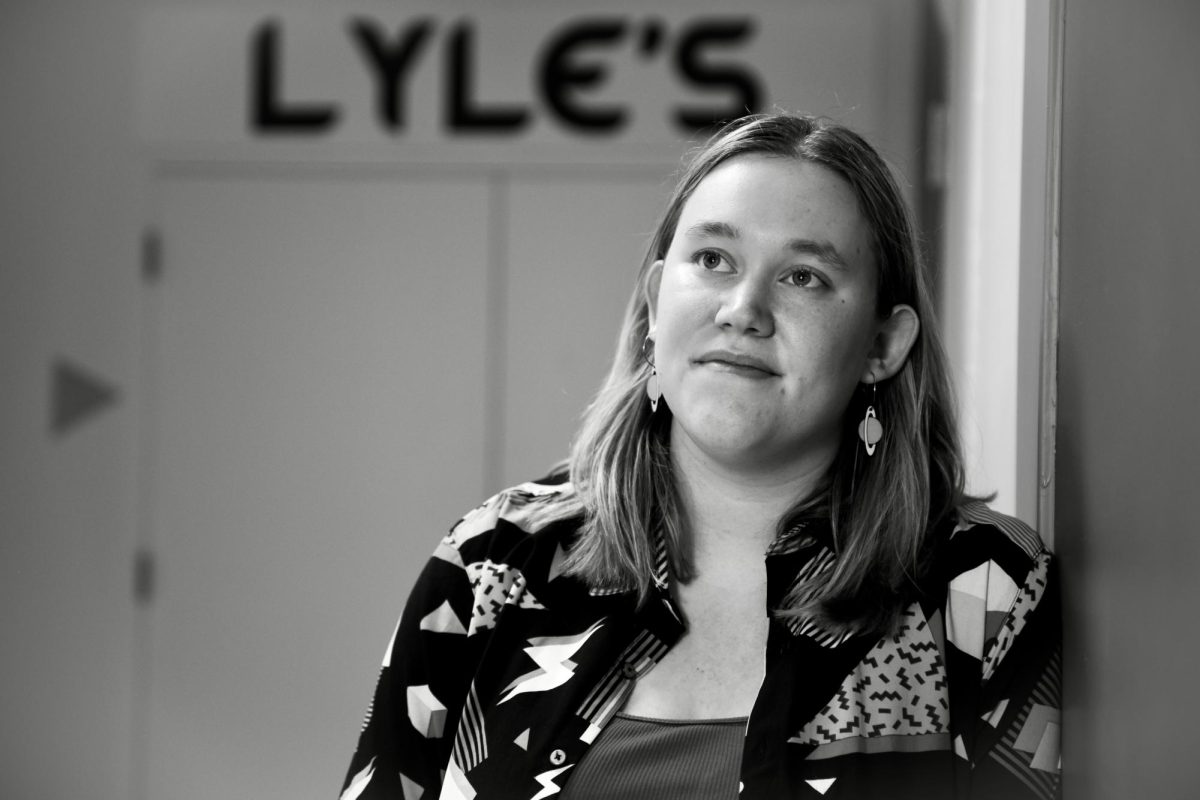




















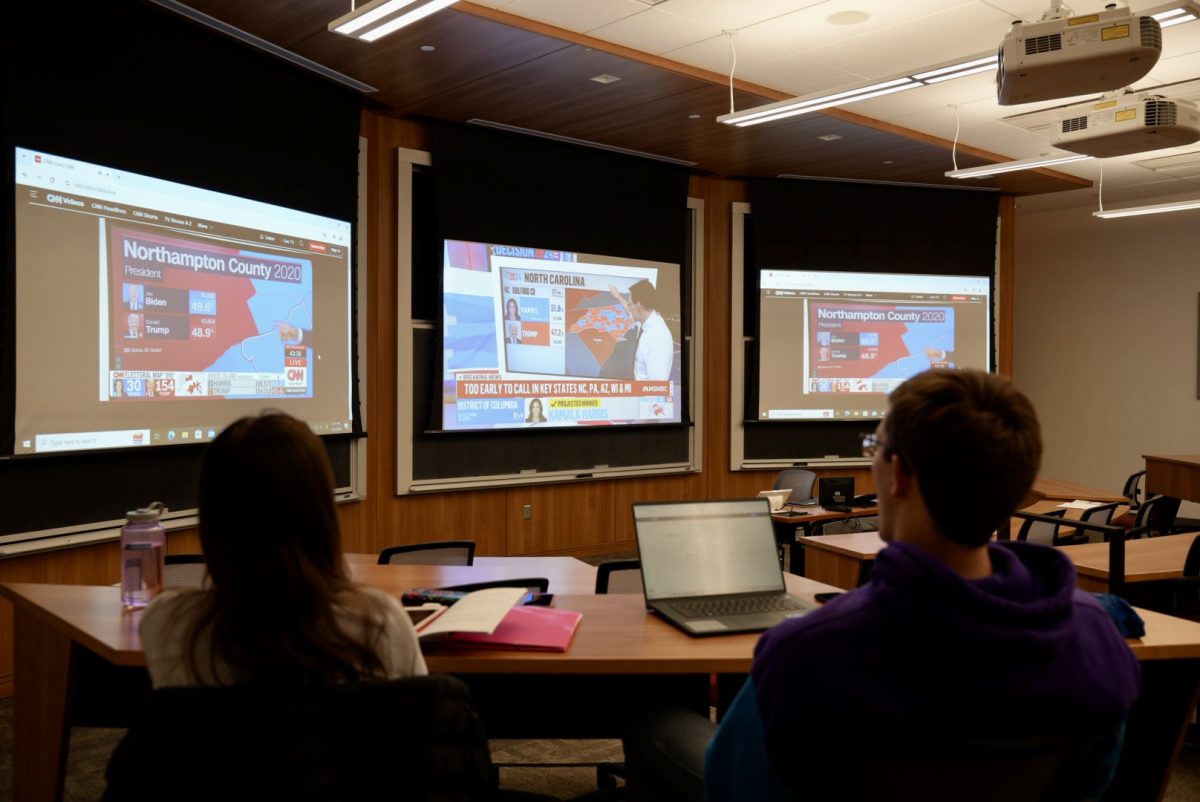

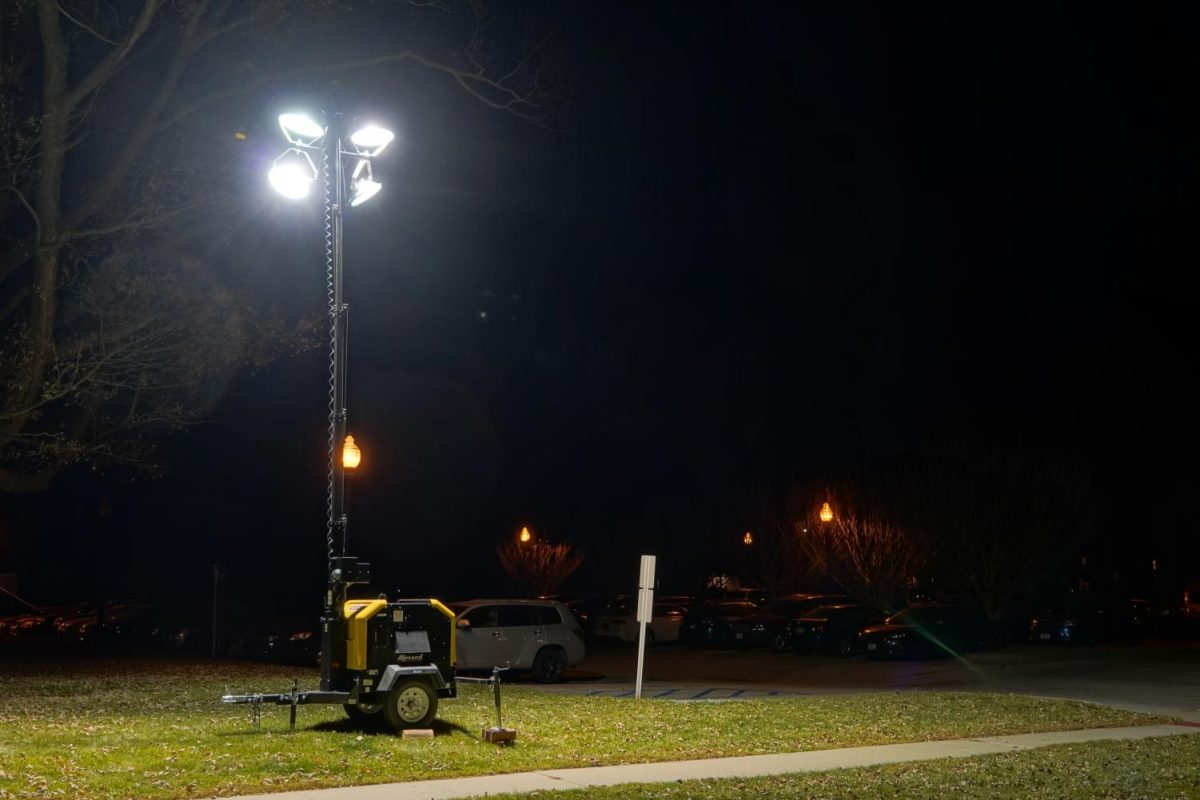

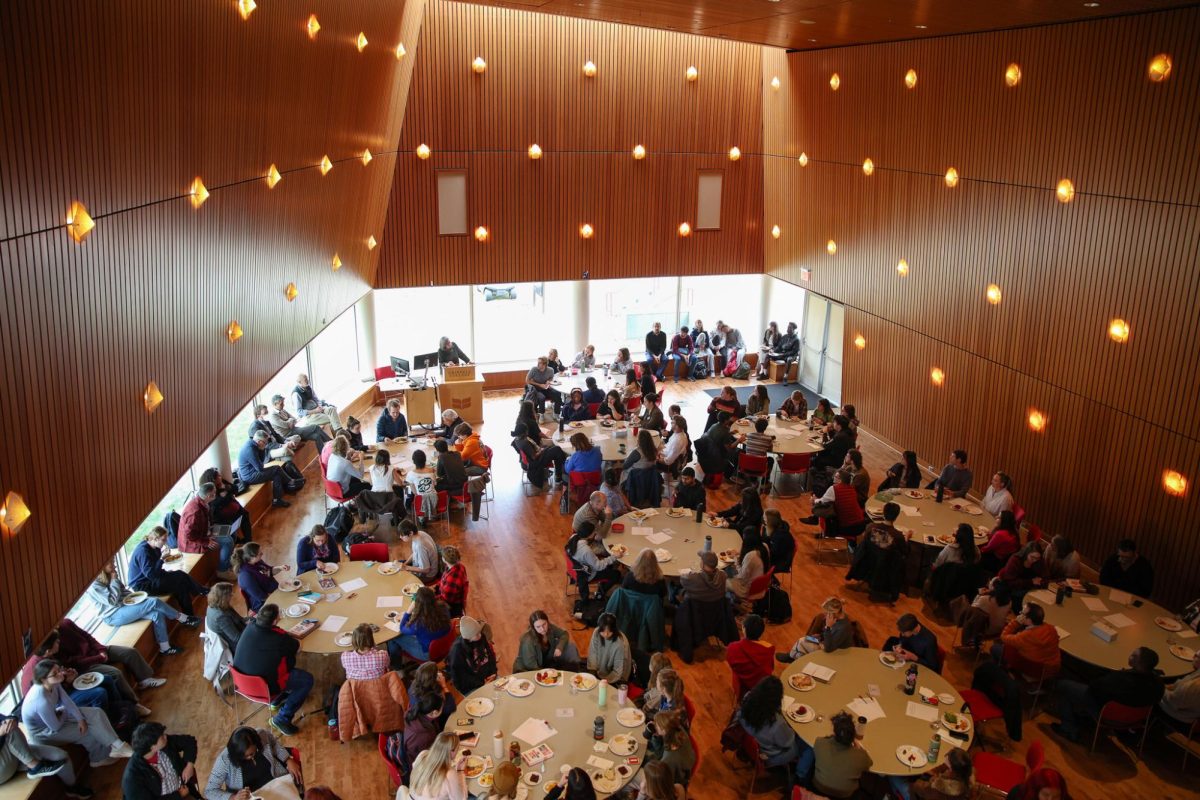
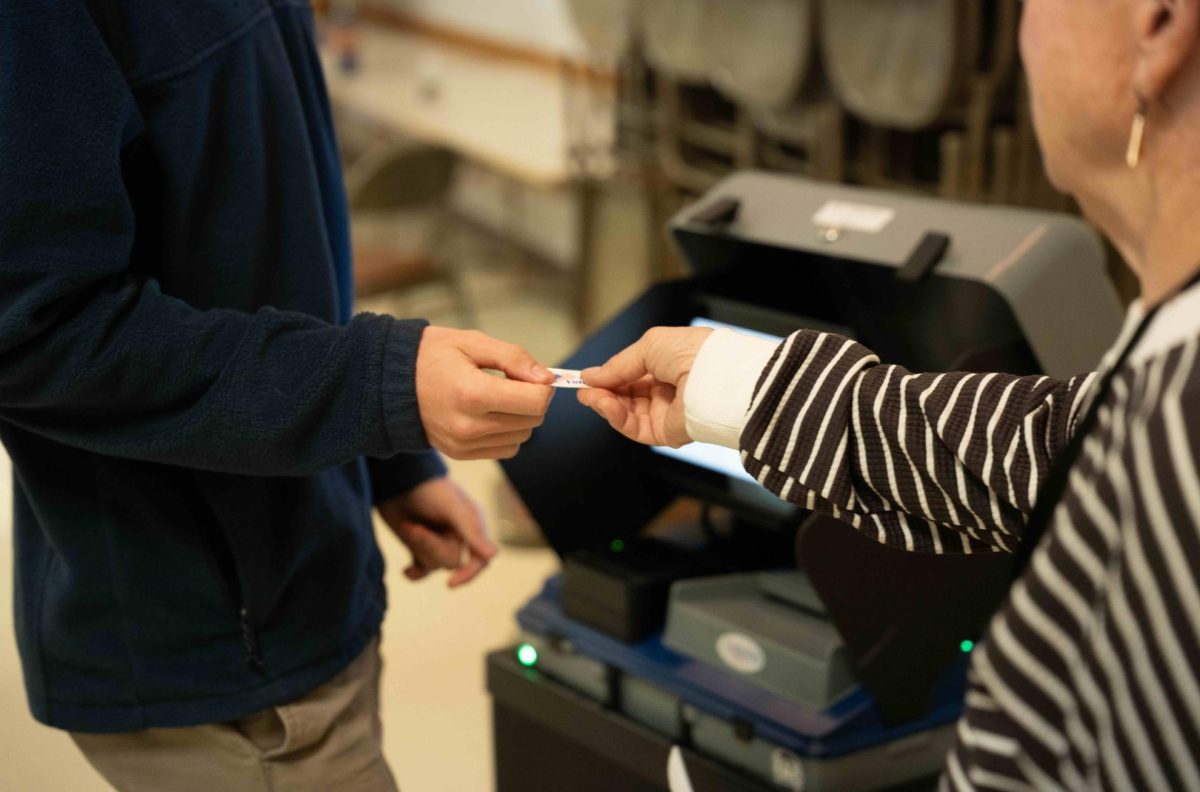

AMELIA LOBO • Oct 8, 2019 at 9:04 am
I work for the College in DAR and would *LOVE* a composting bin for our office. Can we get on the list with Green Fund? I was unaware of the orange bins. Where can I find out the location of the closest one? I’m in the Old Glove Factory.